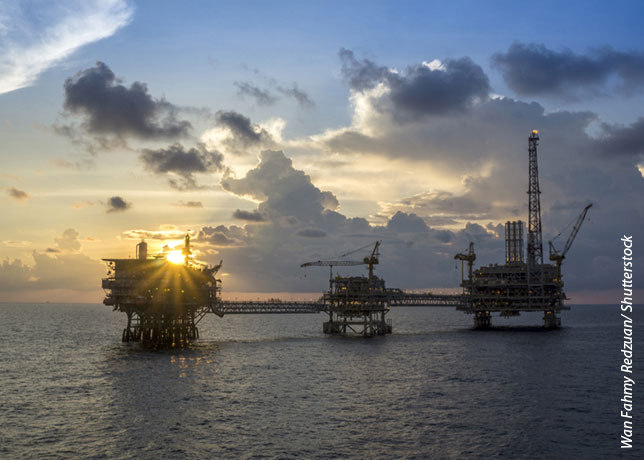
 AEC claims hydrocarbons are vital for development
AEC claims hydrocarbons are vital for development
The African Energy Chamber (AEC) is urging the World Bank to end its ban on financing upstream oil and gas projects, as it is essential for Africa’s long-term energy transition.
Around 600 million Africans still lack access to electricity, which is growing due to the pandemic. The AEC believes that Africa must be empowered to grow its energy mix pragmatically, using both fossil fuels and renewables.
Natural gas offers a scalable, affordable, and lower-carbon solution that can help meet the continent’s immediate power needs while enabling a just, inclusive energy transition.
Upstream oil and gas development is already demonstrating its capacity to advance energy access, with projects like the 450 MW Temane gas-to-power project in Mozambique, Senegal’s gas-to-power efforts, Nigeria’s Gas Master Plan, and Egypt’s expanded gas-fired generation driving regional electrification and economic growth.
Future upstream projects hold transformative potential, with Mozambique’s gas reserves potentially generating over $100 billion in revenue and Namibia’s oil discoveries potentially delivering $3.5 billion annually at peak production.
Global financial trends are shifting, with major banks easing ESG-related restrictions and resuming oil and gas financing.
The AEC urges the World Bank to turn its policy review into meaningful action, as supporting upstream oil and gas development is not only an economic necessity but also a moral imperative for ending energy poverty and enabling a sustainable, equitable future for Africa.
"The green agenda and the World Bank’s ban on upstream financing ignore the fact that natural gas can bring life-changing prosperity to Africa through jobs, business growth and monetisation," said NJ Ayuk, Executive Chairman of the AEC. "We are proposing a logical, sustainable path: using our natural gas to meet current needs, generate revenue and fund our transition to renewables. Given that universal access to affordable, reliable electricity is one of the UN’s Sustainable Development Goals, the growing number of Africans without power is morally wrong and must not be ignored."










































































